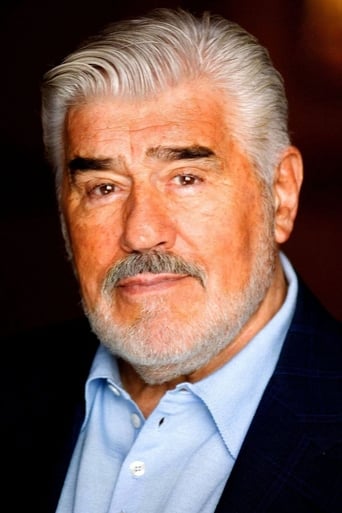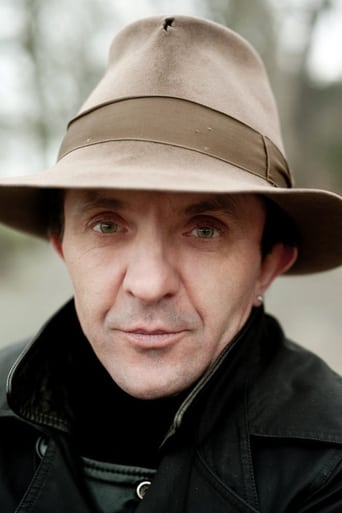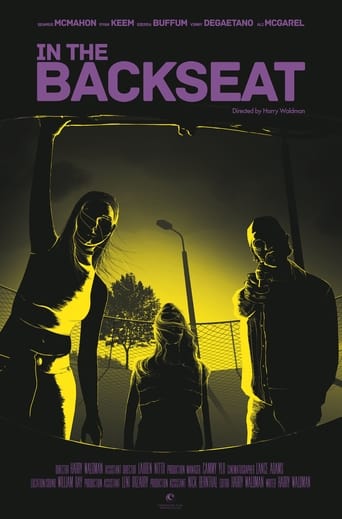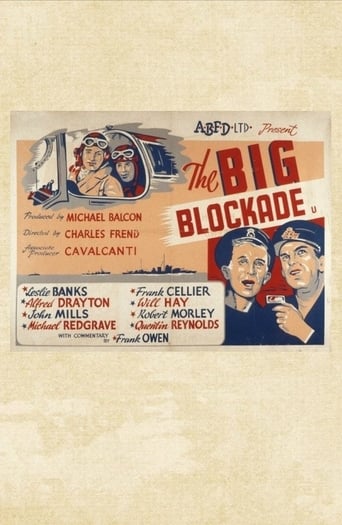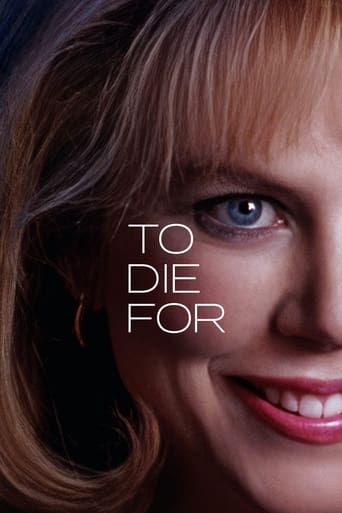
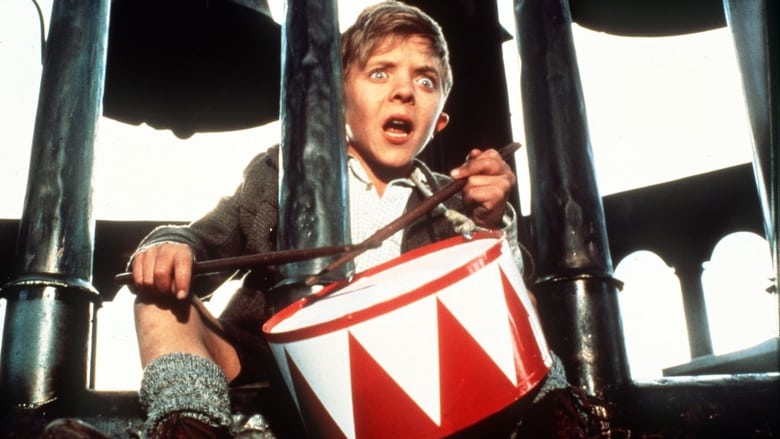
The Tin Drum (1980)
Oskar Matzerath is a very unusual boy. Refusing to leave the womb until promised a tin drum by his mother, Agnes, Oskar is reluctant to enter a world he sees as filled with hypocrisy and injustice, and vows on his third birthday to never grow up. Miraculously, he gets his wish. As the Nazis rise to power in Danzig, Oskar wills himself to remain a child, beating his tin drum incessantly and screaming in protest at the chaos surrounding him.
Watch Trailer
Cast
Similar titles
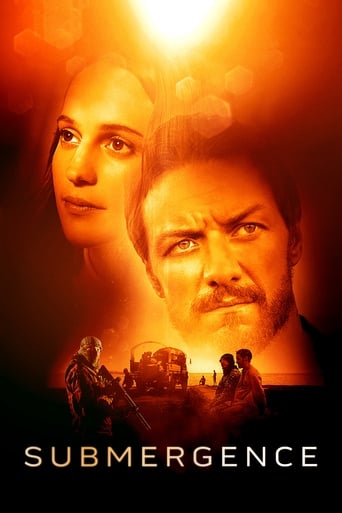
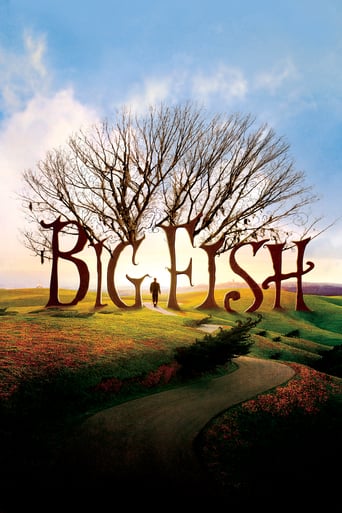

Reviews
Wow, this is a REALLY bad movie!
Very Cool!!!
True to its essence, the characters remain on the same line and manage to entertain the viewer, each highlighting their own distinctive qualities or touches.
The film never slows down or bores, plunging from one harrowing sequence to the next.
I am thrilled that someone with some clout agrees with be, because apparently Rogert Ebert and I are in the minority here. Do I see why this film is so lauded? I suppose. But its cons, namely the annoying-screaming-selfish- spoiled-face-of-a-kid-who-is-more-a-menacing- presence-than-a-representation-of-youth, far outweigh any of that. And on top of that, we are supposed to utilize that suspension of disbelief and believe that this kid randomly decided to cease growing at the age of 3, throwing himself down a flight of cellar stairs as a credible explanation for this phenomenon? Furthermore, listen to his incessant drumming on the tin drum that permanently rests around his neck? If he gives that stoic, wide eyed look as he sends his high pitched scream into the ethers one more time, I swear I would strangle him if I could. I could not concentrate on any of the historical significance of this film, so distracting was our narrator. Other problems included the unexpected, unexplained, and unnerving suicide of his mother by eating raw fish and sexual scenes of equal disquiet. In fact, as recently as the 1990s had the mayor of Oklahoma City banning and confiscating copies of this film (resulting in a high profile overruling by the state district court). It was also banned in Canada in the 1980s, child pornography listed as the reason. Thankfully, the background story of his family was at least amusing and his daily adventures do elicit a couple entertaining anecdotes (i.e. how his grandparents met- in modern day Poland, his grandfather is evading authorities and discovers the perfect hiding place underneath the large skirt of his grandmother, sprawled in a potato field; his mother and her two lovers- who are friends, resulting in a love triangle that casts doubt on the true identity of Oskar's father). I understand this was based on the book by Günther Grass, the first in a trilogy and far more detailed. I also understand that this was not exactly the best adaptation and I certainly would like to think that is true because this film did not impress whatsoever. Here is Roger Ebert, echoing my thoughts (https://www.rogerebert.com/reviews/the-tin- drum-1980): Allegories have trouble standing for something else if they are too convincing as themselves. That is the difficulty with "The Tin Drum," which is either (a) an allegory about one person's protest against the inhumanity of the world, or (b) the story of an obnoxious little boy. The movie invites us to see the world through the eyes of little Oskar, who on his third birthday refuses to do any more growing up because the world is such a cruel place... There is a scene in which Oskar's drum so confuses a Nazi marching band that it switches from a Nazi hymn to "The Blue Danube." The crashing obviousness of this scene aside, I must confess that the symbolism of the drum failed to involve me. And here we are at the central problem of the movie: Should I, as a member of the audience, decide to take the drum as, say, a child's toy protest against the marching cadences of the German armies? Or should I allow myself to be annoyed by the child's obnoxious habit of banging on it whenever something's not to his liking? Even if I buy the wretched drum as a Moral Symbol, I'm still stuck with the kid as a pious little bastard. But what about the other people in the movie? Oskar is right at the middle of the tug-of-war over Danzig and, by implication, over Europe. People are choosing up sides between the Poles and the Nazis. Meanwhile, all around him, adult duplicity is a way of life... Soon after, he finds himself on the road with a troupe of performing midgets. He shatters glasses on cue, marches around in uniform and listens as the troupe's leader explains that little people have to stay in the spotlight or big people will run the show. This idea is the last Oskar needs to have implanted in his mind. The movie juxtaposes Oskar's one-man protest with the horror of World War II. But I am not sure what the juxtaposition means. Did I miss everything? I've obviously taken the story on a literal level, but I don't think that means I misread the film as it stands. If we come in armed with the Grass novel and a sheaf of reviews, it's maybe just possible to discipline ourselves to read "The Tin Drum" as a solemn allegorical statement. But if we take the chance of just watching what's on the screen, Schlondorff never makes the connection. We're stuck with this cretinous little kid, just when Europe has enough troubles of its own.
Wonderful erotic scene, Oskar getting the hired maid, her putting her hand on his torso as he screws nonstop, grooving into her in all directions, him getting prepared to start getting her, her positioning her good legs, her allowing the screwing to go forward, him screwing nonstop.
Is it possible to find a movie repulsive yet still feel it's worth a watch? The Tin Drum asked that of me last night, and I have the overwhelming feeling that I am not alone. The film won multiple awards during its heyday. It tied with Apocalypse Now (1979) for the Cannes Film Festival's Palme d'Or and, if that weren't enough, it took home an Academy Award for Best Foreign Language Film. Yet being aware of the film's remarkable accolades does not make watching it any easier.Based on Gunter Grass's controversial novel, the film is a surreal first-person saga about a boy from Danzig named Oskar who is brought into this world with a full consciousness. On his third birthday he's given a white and red lacquered tin drum and is told one day he'll be as tall as his assumed father Alfred (Adorf). Oskar becomes so disgusted with the decadence and hypocrisy of the adult world that he decides right then and there to never grow up. To everyone's surprise he doesn't; and goes through his life in the body of a three-year-old. Armed only with his tin drum and a piercing scream that can shatter glass, Oskar goes through his peculiar life as the Nazis grow in prominence, gain power, and use Danzig as a pretense to invade Poland in 1939.The Tin Drum makes a lot of political proclamations and overtures using Oskar as a siren against Fascism. Oskar's mother Agnes (Winkler) is meant to represent the German population of Danzig who are seduced by German Nationalism yet choose to underplay its consequences. Within the span of a decade, Oskar and Agnes familiarize themselves with three men; the husband Alfred who embraces Nazism, Jan (Olbrychski), the families Polish cousin (and Oskar's possible father) who stands against them, and Markus a Jewish toy merchant who supplies Oskar with all his drums. All three men are infatuated with Agnes but hardly treat her as an equal. Jan lusts for her and she obliges him with regular rendezvous at a seedy hotel until she suddenly becomes pregnant and is distraught over the implications.It is established early on that Oskar is an unreliable narrator with mischievous ends. His plan to stay young is a narrative tool of magical realism which seeps into the story whenever Oskar plays his drum. The results are darkly humorous such as when an entire Nazi rally is interrupted by Oskar's incessant tapping. The crowd of dedicated Nazis suddenly break into a waltz instead of saluting a popular dignitary. Other details are exaggerated to fit the perspective of a particularly nasty little child especially when scenes are projected by an omnipotent perspective. In one scene Agnes and Jan make love while Oskar spies from the top of a church spire. He can't see but we can see Jan's awkward gyrations and Agnes's earth-shattering screams mimicking what a six-year-old might think sex is.This is where the film starts to become thoroughly unpleasant. If meant as political allegory, the film is sub-par but taken as a complex yarn of psychological spectra, the film is simultaneously brilliant and an uncomfortable watch. Is Oskar really a fully-realized adult when he exits the womb? If so, are we meant to root for him as he tortures the adults around him in much the same way a scientist would a lab rat? Oskar never "grows up" biologically, yet emotionally his character arc bends like that of a coming-of-age tale, right down to his sexual awakening and rebellious teenage years. Depending on your perspective these stories are the recollections of a small brat with a drum or the repressed memories of a young dwarf's life torn asunder by callousness and absurdity.It's heavily insinuated Oskar is affected by dwarfism and not actually a physical child for twenty-some years. When Oskar comes face to face with a gaggle of circus folk he finds a kindred spirit in Berba (Hakl) a performer who says he too has "chosen" to stay little. Despite knowing this however, actor David Bennent was only eleven when he starred in The Tin Drum, thus your ability to stomach Oskar's sexual experimentation in the hands of flirtatious Maria (Thalbach) (who was 25) is dependent on your suspension of disbelief. I for one find these scenes distressing especially when he uses his stature to his advantage.I put The Tin Drum on the same ballpark as Schindler's List (1993), A Clockwork Orange (1971), and Requiem for a Dream (2000). It's a movie you should see because it challenges your assumptions, makes bold artistic choices and has something important to say. Additionally it says what it needs to in a package that, granted isn't easily digestible but will leave an impact long after watching. It's also a movie the average movie-goer should only watch once in a lifetime.
If you are looking for something different, look no further. This is probably one of the strangest films I've ever seen though at times it seemed as though I was watching a big budgeted Hollywood epic. Soon though I was reminded that this was NOT your typical American film. No sirree. The Tin Drum takes place during the Third Reich in Danzig. Little Oskar decides he doesn't want to become an adult and throws himself down the stairs to the cellar in his home and stops growing. Yes, stops growing.He continually bangs on a tin drum I suppose out of rage. I won't give away anything here but the film contains some bizarre images, some grotesque. I can handle a lot but one scene literally turned my stomach. So should you watch it? The film is well made. The acting excellent by everyone. The costumes and sets are all excellent. The film is very long and becomes a bit tiring. There are some silly moments that made me shake my head. Some of it made me laugh. If you are going to create a bizarre and unconventional film don't subject me to silliness. I can't handle it.The film is interesting but it should have been shorter and there should have been a character I could relate to better.
